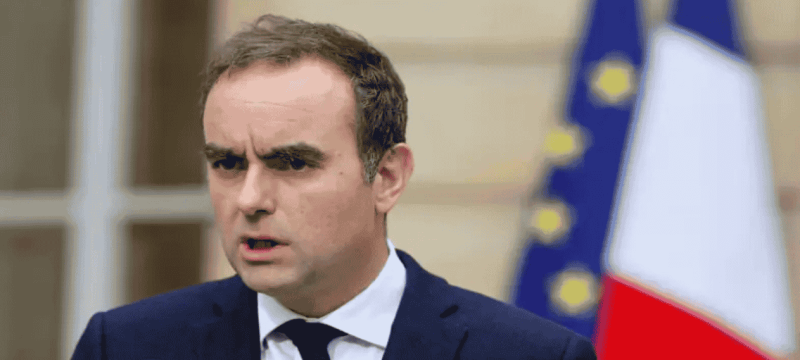French President Emmanuel Macron reappoints Sebastien Lecornu as prime minister in an effort to stabilize the country’s growing political crisis. The move comes only days after Lecornu resigned, making him the shortest-serving prime minister in recent French history.
The decision to bring Lecornu back has sparked outrage among both the far left and the far right. Opposition leaders have accused Macron of ignoring the public’s frustration and failing to unite a divided parliament. National Rally leader Jordan Bardella called the new government “a democratic disgrace,” claiming Macron was increasingly out of touch with ordinary citizens.
By reappointing Lecornu, Macron hopes to secure enough parliamentary backing to pass the 2026 national budget. France’s parliament remains deeply split after the president’s earlier gamble on legislative elections led to a hung assembly. Without a majority, any new budget faces tough negotiations among ideologically opposed blocs.
Lecornu said his main priority is to end the political paralysis and deliver a functional budget before year’s end. In a post on X, he wrote that his government would “embody renewal and diversity” and focus on resolving issues that affect citizens’ daily lives. He also urged political figures to set aside personal ambitions ahead of the 2027 presidential race.
Macron reappoints Lecornu at a time when France’s economy is feeling the pressure of prolonged instability. The central bank chief, Francois Villeroy de Galhau, warned that the crisis could shave 0.2 percentage points off the country’s GDP this year. “Uncertainty is the number one enemy of growth,” he said.
The latest reshuffle highlights the challenges Macron faces after losing his absolute majority. Analysts believe that if Lecornu fails to pass the budget, another government collapse could force Macron to call a snap election—an outcome that might strengthen the far right.
In other news read more about: France Celebrates Bastille Day with Military Parade and Macron’s Major Defense Announcement







